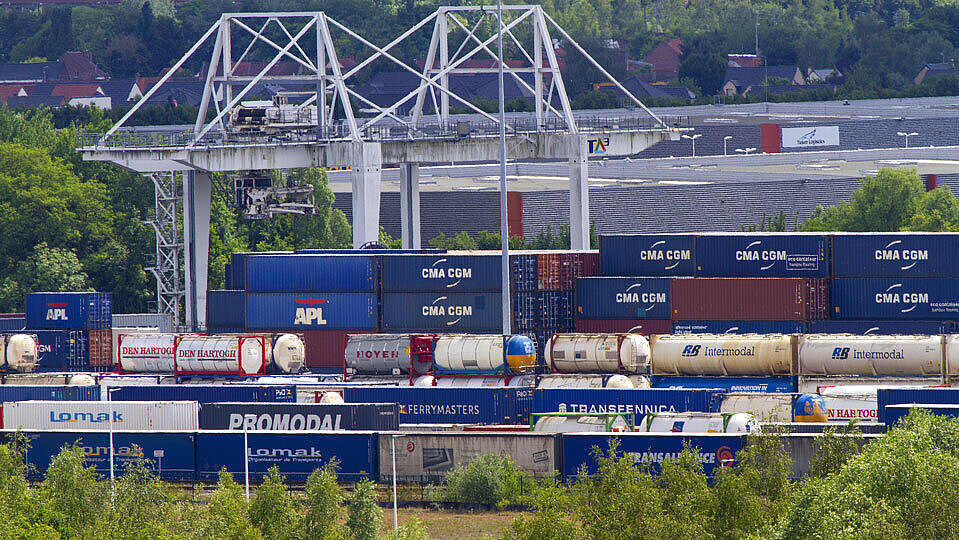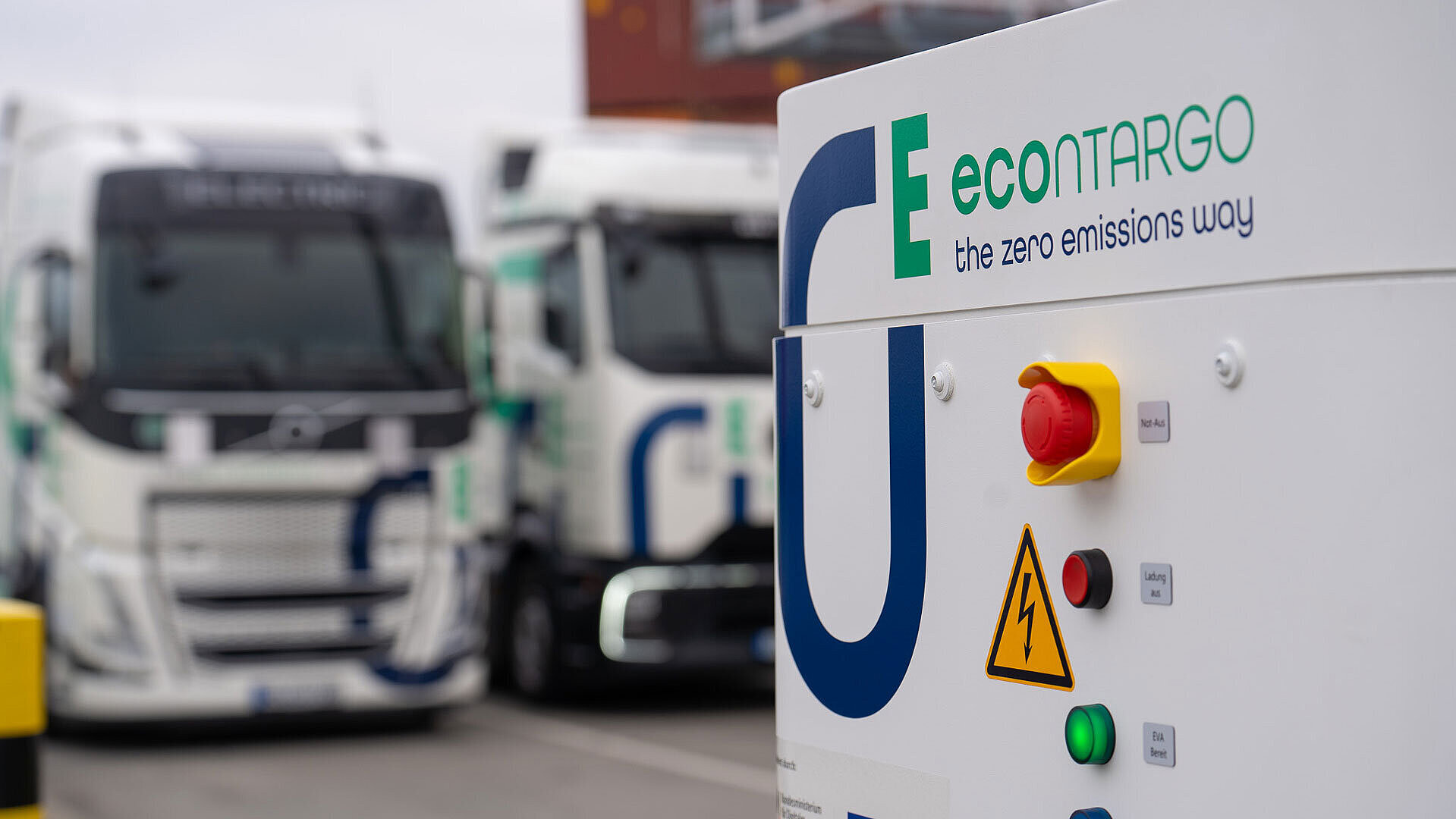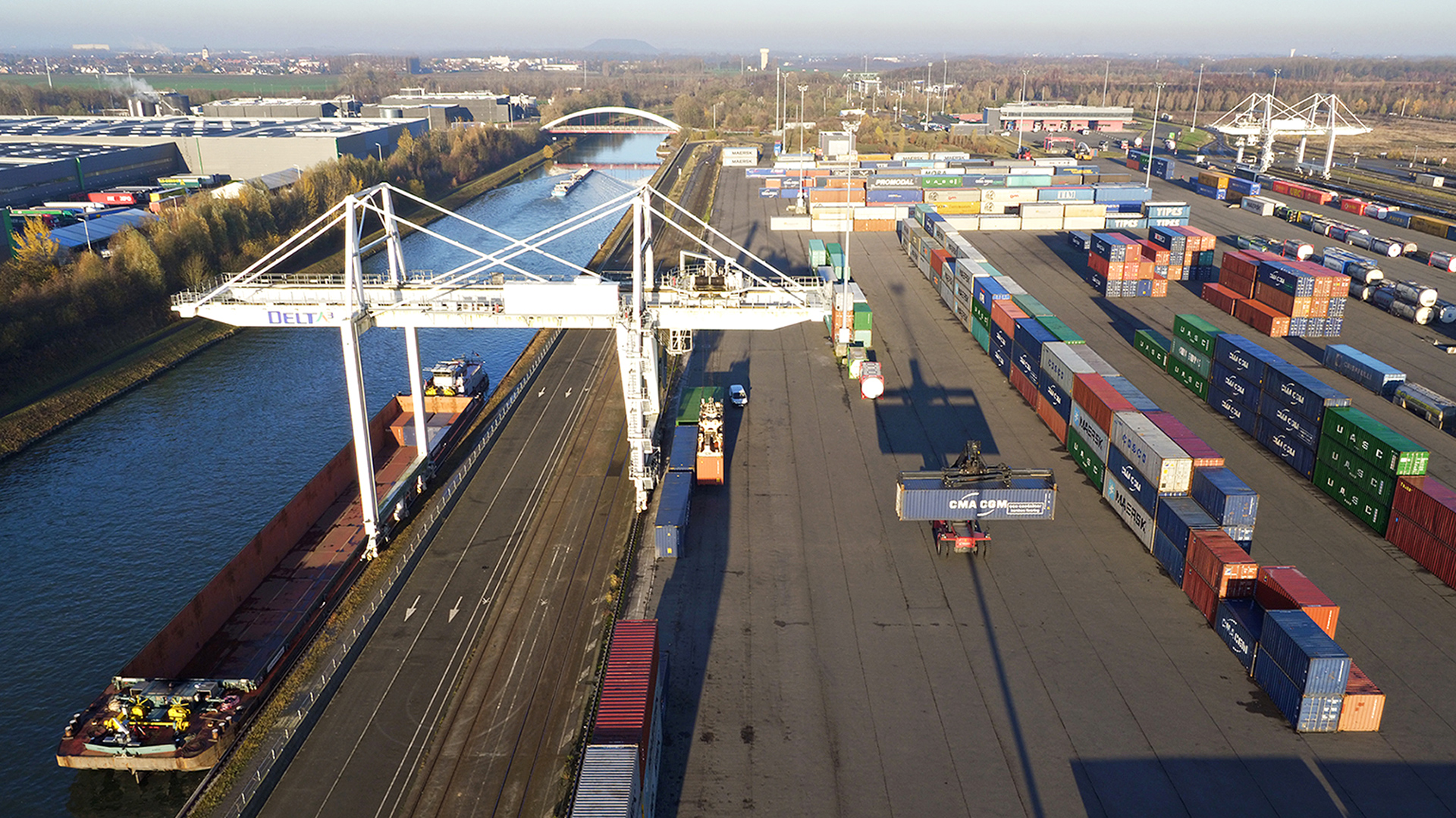
Contargo expands its commitment to continental transport

Contargo is adapting its corporate strategy. ‘Intermodal transport in continental traffic is to become another pillar of Contargo’s business,’ CEO Jürgen Albersmann told the press today at the transport logistic trade fair in Munich. The company currently transports mainly containers within its European network. ‘Containers currently account for around 95 percent of our business,’ said Albersmann.
Greater growth in continental transport
The aim is to significantly increase the share of trailers and swap bodies. Albersmann is observing greater growth in continental transport than in maritime transport. More and more companies are considering rail as an alternative. ‘The looming shortage of truck drivers, infrastructure problems, rising truck tolls and lower CO2 emissions, and thus a higher contribution to climate change, are reasons for the increasing demand,’ said the Contargo CEO.
The service provider therefore intends to offer more European connections. From August, there will be a new service between the terminals in Dourges (near Lille) and Krzewie (near Łódź). ‘We are starting with two round trips a week,’ said Andreas Mager, Managing Director of Contargo Rail Services. The train will run on the 1,800-kilometre route as an A-D service. ‘The task can be completed by the evening of the first day, with delivery on the morning of day D,’ said Mager. Contargo has deliberately built a time buffer into the route to ensure punctual delivery.
Transport of non-craneable trailers
Various units can be transported on this route: containers, but also swap bodies and craneable and non-craneable trailers. To load the non-craneable semi-trailers, Contargo uses the R2L platform, on which the units are pushed.
Also starting in August, Contargo will offer a three-times-weekly round trip between Duisburg and Douges. The approximately 400-kilometre route is offered as an A-B connection. From Mager’s point of view, Douges is also very interesting because the terminal is used as a hub for many other connections to the rest of France and Spain. In future, a daily connection to the United Kingdom will also be offered from Douges, which is particularly interesting for connections to and from Poland.
However, Contargo does not intend to stop there. Mager announced that the company is considering setting up a new corridor between Germany and the Adriatic via Austria. Contargo is also considering transport services to Turkey. ‘However, the volume there is very volatile and there are already several operators active,’ said Mager.
Albersmann emphasised that Contargo does not want to offer its services on routes where established operators are already well represented. For example, there are plans to expand the terminal in Hof as a hub for traffic heading south. In this context, he is concerned about the planned complete closures as part of the general renovation, for example on the Regensburg–Passau corridor. He is particularly unhappy about the proposed diversions, some of which are up to 300 kilometres long. ‘What is happening there is partly outrageous,’ criticised Albersmann. (cd)



